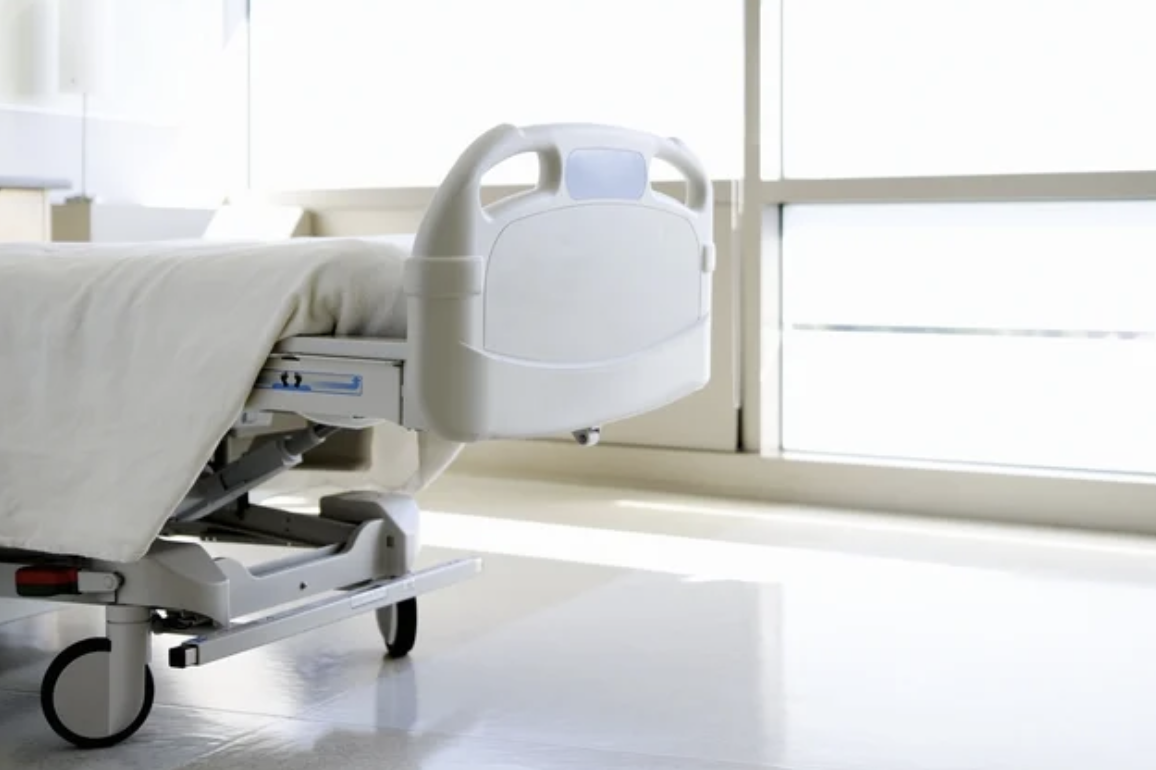Ireland has a unique opportunity to transform its health system and join its European neighbours in offering universal access to primary health care. A recent editorial in The Lancet Regional Health – Europe highlights how, despite being one of the wealthiest countries in Europe, Ireland remains the only one without comprehensive primary care coverage for all residents.
Public investment in health has grown significantly—from €15.3 billion in 2018 to €22.8 billion in 2024—demonstrating a strong political commitment to the health system strengthening. Yet 58% of the population still pays out-of-pocket for GP visits, with costs ranging from €50–80 per consultation. The country’s current two-tier model, while effective in protecting the most vulnerable, leaves many low- and middle-income earners struggling to access routine care.
Encouragingly, Ireland has already laid the groundwork for reform. The Sláintecare initiative and broad public support—87% of respondents in a 2018 national survey backed universal healthcare—signal a clear path forward. Extending free GP care to all is projected to cost €381–881 million, a modest figure relative to the annual health budget.
With strong foundations in place and a motivated health workforce, expanding access to primary care would not only reduce pressure on hospitals but also improve long-term health outcomes. Early intervention and equitable access to services are key pillars of a resilient health system.
Now is the time for Ireland to lead by example—by prioritising universal primary health care as both a smart investment and a moral imperative.




